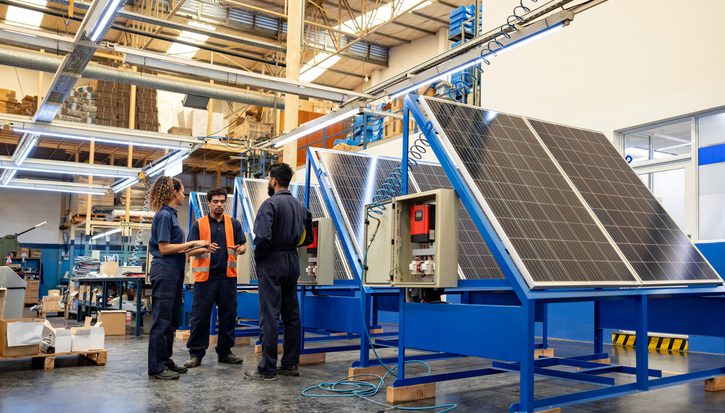Help to heat: A solution to the affordability crisis in energy
Article
Launched in January 2013, the government's Green Deal scheme - which enables households to take out loans for energy efficiency improvements - is dramatically under-performing. Similarly, the Energy Company Obligation (ECO) policy, which provides subsidised improvements to low-income households and subsidises high-cost efficiency improvements not covered by the Green Deal, is ineffective at targeting fuel poverty, and entrenches the market power of the Big Six energy companies to the detriment of the industry as a whole.
This report sets out the reasons why current policy is failing, and proposes a new integrated energy efficiency and fuel poverty framework called 'Help to Heat'. The policies included in this framework would make improved efficiency and substantial bill reductions available to thousands more households through free energy efficiency assessments, low-cost financing options, local economies of scale and improved supply chains, greater competition and effective targeting of fuel poverty need. Our research includes both an in-depth cost-benefit analysis of the options for reducing the cost of energy efficiency finance, and an assessment of the effectiveness of different targeting models for fuel-poverty policy.
Targeting areas with above-average fuel poverty first, the approach we recommend in this report would bring numerous benefits, including:
- 1.1 million non-fuel-poor, predominantly low-income households would receive a free energy efficiency assessment every year, and be encouraged to take out a low-cost Green Deal loan.
- 70 per cent of spending on low-income households would be spent on efficiency improvements for the fuel-poor (as opposed to 20 per cent at present).
- 197,000 fuel-poor households would receive efficiency improvements every year, 117,000 more than under the current ECO model.
- Each fuel-poor household in receipt of energy efficiency improvements would achieve average annual bill savings of £230.
Related items

Resilient by design: Building secure clean energy supply chains
The UK must become more resilient to succeed in a more turbulent world.
Policy credibility and the Scottish Budget

Reclaiming Britain: The nation against ethno-nationalism
How can progressives respond to the increasing ethnonationalist narratives of the political right?